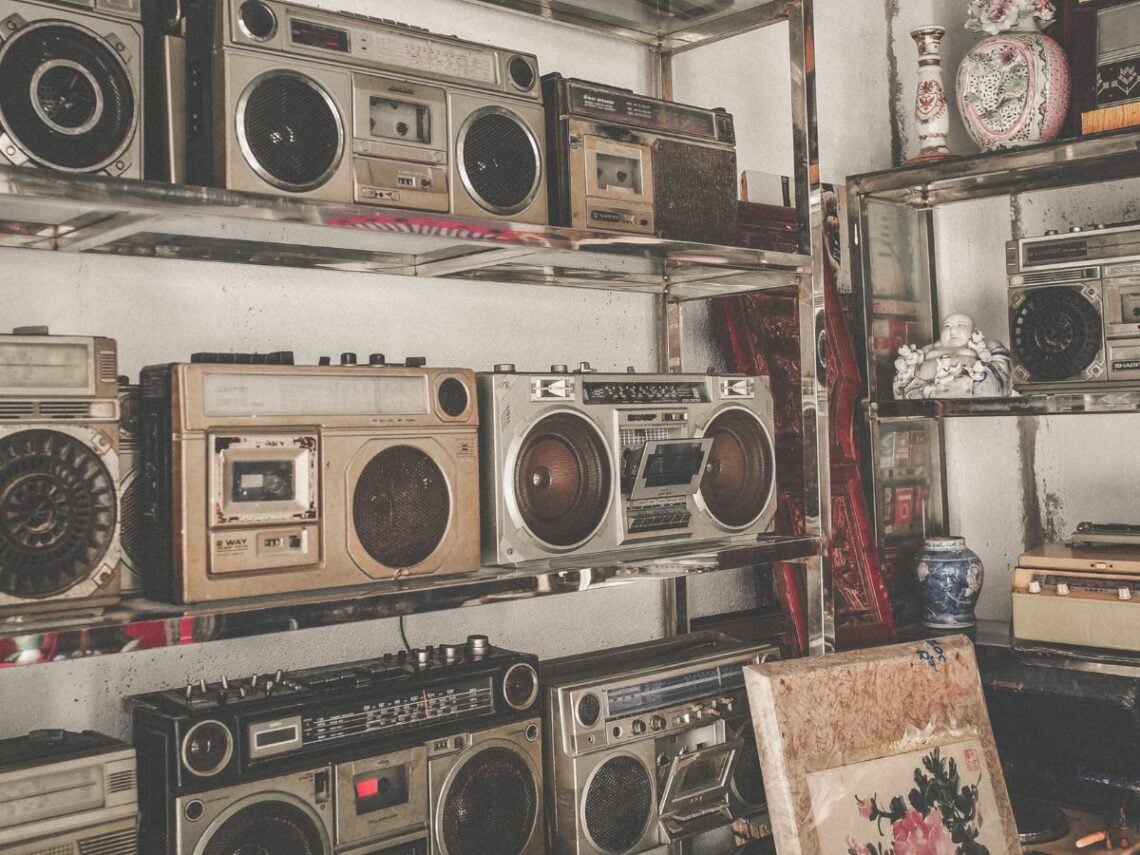The breaking results of a landmark study looking into racism in the UK music industry by the Black Lives in Music Survey has revealed systemic issues and widespread racial discrimination.
The survey is the largest of its kind to date. Conducted by the group Black Lives in Music Survey, it focused on the experience of black musicians and industry professionals working in the UK.
The results of the survey revealed that most black people working within the industry have experienced racism of one form or another during their professional life. And this callous approach that the music industry takes is having a devastating effect with 73% of working musicians reportedly suffering from mental health issues.
Among the damning statistics is the starting point of the study itself. Prior to the Black Lives in Music Survey, there was no data pertaining to Black Musicians experiences in terms of economic implications, social involvement and, indeed, any other area of note. This makes the wide and continuing study by the group all the more essential.
Among the results are a list of anonymously contribute quotes. One music industry professional remarked: “Black women can’t make rock music, sexual comments about the size of my lips, etc., racial comments about my ‘crazy, unruly’ afro, etc. I don’t give these comments my energy anymore but feel it’s important that people are aware.”
Others reported that they seemed to be stigmatised by completely unrelated aspects of culture, stating: “I was told quite blatantly by a radio station that they were not interested in Black male artists as they were linked to ‘So Solid’ and other rappers who were getting bad press, even though I was a singer singing about love.”
Reports of a lack of diversity within the industry itself were also rife. “Black music is always viewed as having to come up with something that’s so-called original, and that has never been done before… however, that’s not the case for white music and musicians. It’s still ok to sound like the Beatles or Oasis. But if you’re Black and play a guitar, you’re told you sound like Hendrix – it’s been done before,” one musician remarked. This issue was a recurring theme with black artists being dubbed “urban” regardless of what genre they actually performed or worked in.
On a statistical level, these personal testimonies are corroborated. It was found that 86% of black music creators agreed that there are barriers to progression within the industry. A further 63% of black musicians have also been victims of direct racism. And 43% of black women in the industry have either felt the need or been instructed to change their appearance in order to try and make progress.
This report follows statements from the likes of Beverley Knight who claimed her skin tone on an album cover was once digitally lightened and Little Mix’s Leigh-Anne Pinnock who said she was informed, “You need to bleach your skin because you won’t sell any records.” Various other artists have publicly echoed these incidents, with the study revealing that many others have experienced similar discrimination.
So where do we go from here? The review also recommended ways in which the music industry can move forward, starting with simply supporting organisations such as the Black Lives in Music Survey. The benefit of the safe and anonymous survey itself also illuminated the simple need for greater transparency, such as labels revealing pay equity and other data, as these results have only been possible through gaining artists’ trust.
With mental health also featuring in the survey and the lack of representative mentors that black artists have to turn to, an anti-racism support service has also been proposed. As Charisse Beaumont, the Chief Executive of Black Lives in Music, has stated: “You cannot change what you cannot measure. Nearly 2000 people responded to our survey… That 2000 people hoping for genuine change.” Adding: “We are looking forward to working with all music industry leaders to ensure that we can achieve change, together.”
You can donate to the cause and find out more about BLiM by clicking here.
